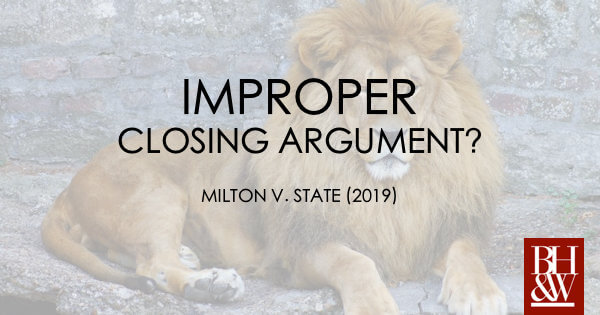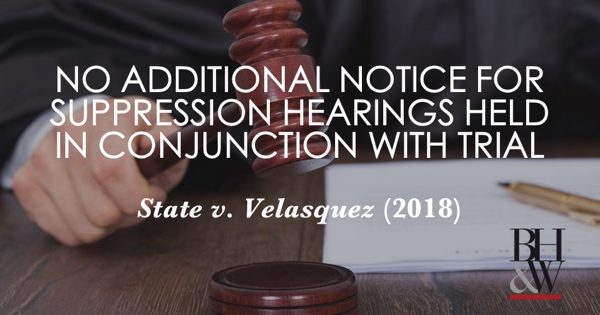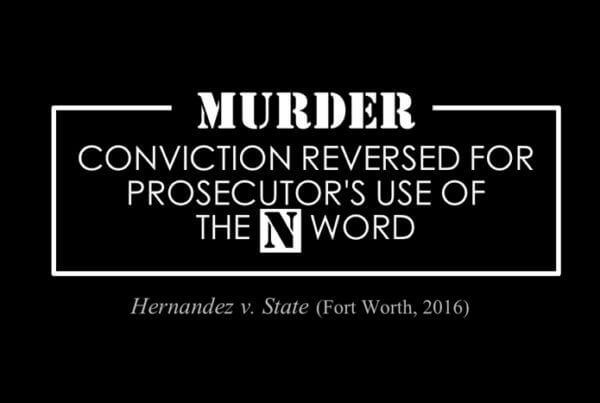 When conducting voir dire of prospective jurors (the venire panel), Texas law says that a lawyer cannot ask a “commitment question.” The Texas Court of Criminal Appeals defines a “commitment question” as
When conducting voir dire of prospective jurors (the venire panel), Texas law says that a lawyer cannot ask a “commitment question.” The Texas Court of Criminal Appeals defines a “commitment question” as
a question that commits a prospective juror to resolve or to refrain from resolving an issue a certain way after learning of a particular fact. Commitment questions are impermissible unless the law requires a commitment, and the law does not require a commitment on what facts a juror will consider during sentencing.
The CCA also cautions, however, that “a trial court abuses its discretion if it disallows a proper voir dire question.”
In Davis v. State, a case decided by the CCA last month, the defense counsel asked the venire panel the follow question:
Let’s talk about factors in [assessing] the sentence in a case of aggravated robbery with a deadly weapon, what factors do y’all think are important?
Despite counsel’s fine use of the word “y’all,” and without any objection to the question by the State, the trial judge interjected, saying, “that’s a commitment question. You can’t ask that question.” On appeal, the 14th District Court of Appeal (Houston) agreed.
The CCA now reverses, holding that
appellant’s counsel asked “what factors…are important” in sentencing. This did not ask the jurors how particular facts would influence their deliberations. This was an inquiry into the jurors’ general philosophies.
There you have it. Cases regarding commitment questions are always very fact dependant, but for now, we can add one more to the list. Counsel may properly ask: “What factors are important in assessing the sentence in a [name your offense] case.”
Presiding Judge Keller penned the lone dissent. She deems the question an improper commitment question.










